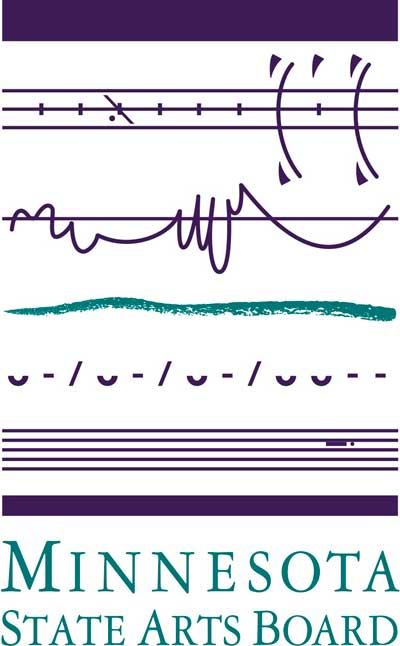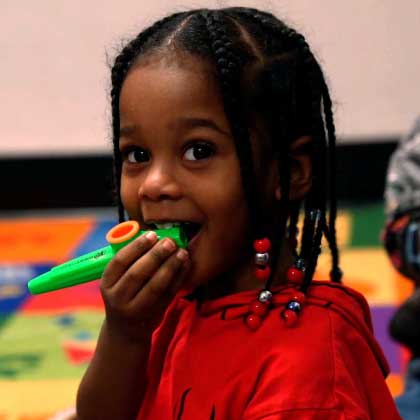About Learning with Music
A Program of Sing Play Learn with MacPhail®
Beginning in 2004 and resulting in the recent publishing of a research study confirming its effectiveness, this unique program trains early childhood educators to integrate music throughout their classes daily activities. As children learn to use music to help regulate their behavior and emotions, music becomes a meaningful part of the classroom’s culture.
2004 | The Kernel of an Idea
Dianna Babcock, Director of Sing Play Learn with MacPhail®, hypothesizes that training early childhood educators to integrate music—into their entire day—would increase school the school readiness and self-regulation abilities of students (infant to 5 years).
2004 | Learning with Music’s First Partner
With $500 seed money from a private donor, a partnership to train teachers is developed with the Wilder Child Development Center in Saint Paul. This partnership is still going strong.
2012 | Dr. Eleanor Brown joins Learning with Music as Primary Researcher
Paul Babcock attends the National Education Conference and meets Eleanor Brown, PhD, Director of the Early Childhood Cognition and Emotions Lab (ECCEL) and psychology professor at West Chester University. Dr. Brown becomes the programs primary researcher.
2013-2016 | Formal Research Begins in Saint Paul
Learning with Music conducts research with four carefully chosen early education centers in Saint Paul. Criteria for involvement includes select demographics, geography, curriculum, quality of programming, and enthusiastic agreement to participate fully in data collection.
2022 | Research is published in Early Childhood Research Quarterly
The research paper, The sound of self-regulation: Music program relates to an advantage for children at risk, is published.
The results are exciting suggesting the program improves school readiness and self-regulation skills. It works!
Second round of results coming soon…

Acknowledgements
This program is partially funded by a grant from the Minnesota Department of Education, and by the voters of Minnesota through a Minnesota State Arts Board Operating Support grant, thanks to a legislative appropriation from the Arts and Cultural Heritage Fund. The program also receives valuable research support from West Chester University.



